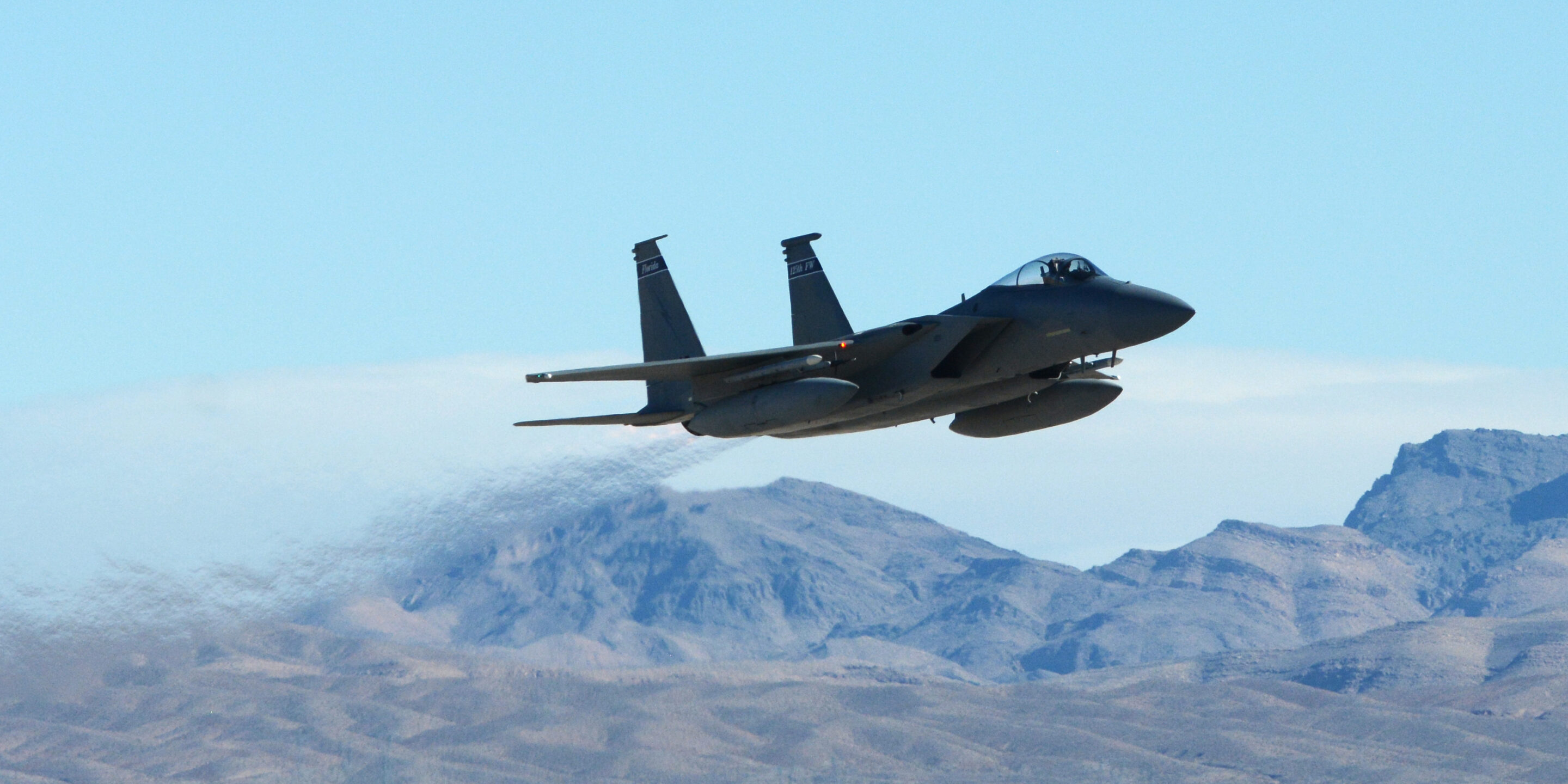
Last week, two U.S. F-15 fighter jets bombed a facility in eastern Syria linked to Iran’s Islamic Revolutionary Guard Corps (IRGC) and the Shiite militia proxies it supports. The strike came in response to multiple drone and rocket attacks by Iran-backed militias against U.S. positions in Iraq and Syria. “The President has no higher priority than the safety of U.S. personnel,” Defense Secretary Lloyd Austin wrote in an accompanying press release, “and he directed today’s action to make clear that the United States will defend itself, its personnel, and its interests.”
But what exactly are those interests? Are they critical to U.S. national security? And are the goals the U.S. is seeking to achieve in Iraq and Syria so important that it needs to sustain a risky troop presence there?
Ask a senior U.S. official and he will recite the usual talking points: The U.S. is in Iraq and Syria to ensure the enduring, or lasting, defeat of the Islamic State terrorist group. In Iraq, this entails training, advising, and assisting the Iraqi security forces to the point where Baghdad can prosecute what’s left of the counter-ISIS fight on its own. In Syria, the mission is murkier if not ill defined: Destroy the remnants of ISIS, prevent Syrian dictator Bashar al-Assad from retaking the eastern oil fields presently controlled by the Kurds, and promote a political resolution to a war deep into its 13th year.
If we’re honest with ourselves, most of these objectives are either pies in the sky or unimportant in the grand scheme of things. While Assad is a butcher with a French arrest warrant over his head, his forces now control most of Syria’s major cities, airports, key transit routes, all of its ports, and the vast majority of the Syrian population. The armed Syrian opposition lost its foreign patrons long ago and is now co-opted by a jihadist-aligned faction in the northwest. Frankly put: Assad will remain Syria’s dictator for another few decades (health permitting) and has next to no incentive to negotiate with his political enemies, whom he views as traitors deserving death—not fellow countrymen entitled to political concessions. U.S. partners in the region, Saudi Arabia and the United Arab Emirates included, have all come to terms with Assad’s staying power, even as U.S. policy on this front remains detached from reality.
More on Middle East

By Jennifer Kavanagh and Dan Caldwell
June 28, 2025

By Rosemary Kelanic and Jennifer Kavanagh
June 25, 2025

Featuring Rosemary Kelanic
June 25, 2025
Events on Syria






